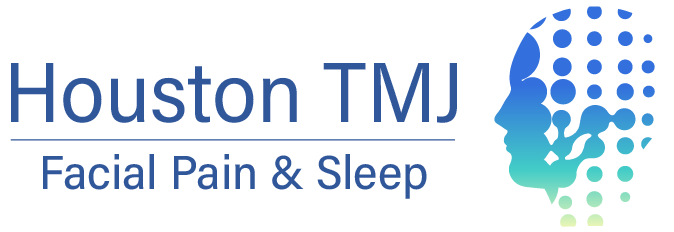Temporomandibular joint (TMJ) disorder is a condition that affects the jaw joint and surrounding muscles, causing pain and discomfort. It can impact one’s ability to eat, speak, and even sleep properly. While the exact cause of TMJ disorder is often multifactorial, several common causes and risk factors have been identified. In this article, we will explore these causes to shed light on this prevalent condition.
- Teeth Grinding and Jaw Clenching:
Bruxism, a condition characterized by teeth grinding and jaw clenching, is a significant contributor to TMJ disorder. The excessive pressure and repetitive motions strain the TMJ, leading to inflammation and pain. Bruxism is often associated with stress, anxiety, and an abnormal bite.
- Trauma and Injury:
Direct trauma or injury to the jaw joint can cause TMJ disorder. Accidents, falls, or blows to the face can damage the joint’s structure or dislocate the disc cushioning the joint, resulting in chronic pain and dysfunction. Even seemingly minor incidents can have long-lasting effects on the TMJ.
- Arthritis and Joint Degeneration:
Arthritis, particularly osteoarthritis and rheumatoid arthritis, can affect the TMJ. These conditions cause the breakdown of cartilage within the joint, leading to inflammation, stiffness, and discomfort. Joint degeneration due to aging can also contribute to TMJ disorder, as the joint becomes less resilient over time.
- Stress and Tension:
Stress and tension can manifest physically in the body, including the jaw muscles. Persistent stress can lead to unconscious clenching of the jaw, putting strain on the TMJ. Additionally, stress can cause an individual to adopt poor posture, leading to misalignment of the jaw joint.
- Habits and Lifestyle Factors:
Certain habits and lifestyle choices can increase the risk of developing TMJ disorder. These include chewing gum excessively, biting nails, or frequently eating hard or chewy foods. Poor posture, such as slouching or hunching over, can also contribute to jaw misalignment and subsequent TMJ problems.
TMJ disorder is a common condition that can significantly impact one’s quality of life. While the exact cause of TMJ disorder can vary from person to person, understanding the common causes and risk factors is crucial. Jaw misalignment, teeth grinding, trauma, arthritis, stress, and certain habits can all play a role in the development of TMJ disorder. If you suspect you have TMJ disorder, it is important to seek professional medical advice for an accurate diagnosis and appropriate treatment.
Remember, early intervention and proper management can help alleviate pain, restore function, and improve your overall well-being. Dr. Martinez, a board-certified orofacial pain specialist, is qualified to accurately diagnose your condition and determine the treatment that best suits your needs and lifestyle. Call us today to schedule a consultation!


